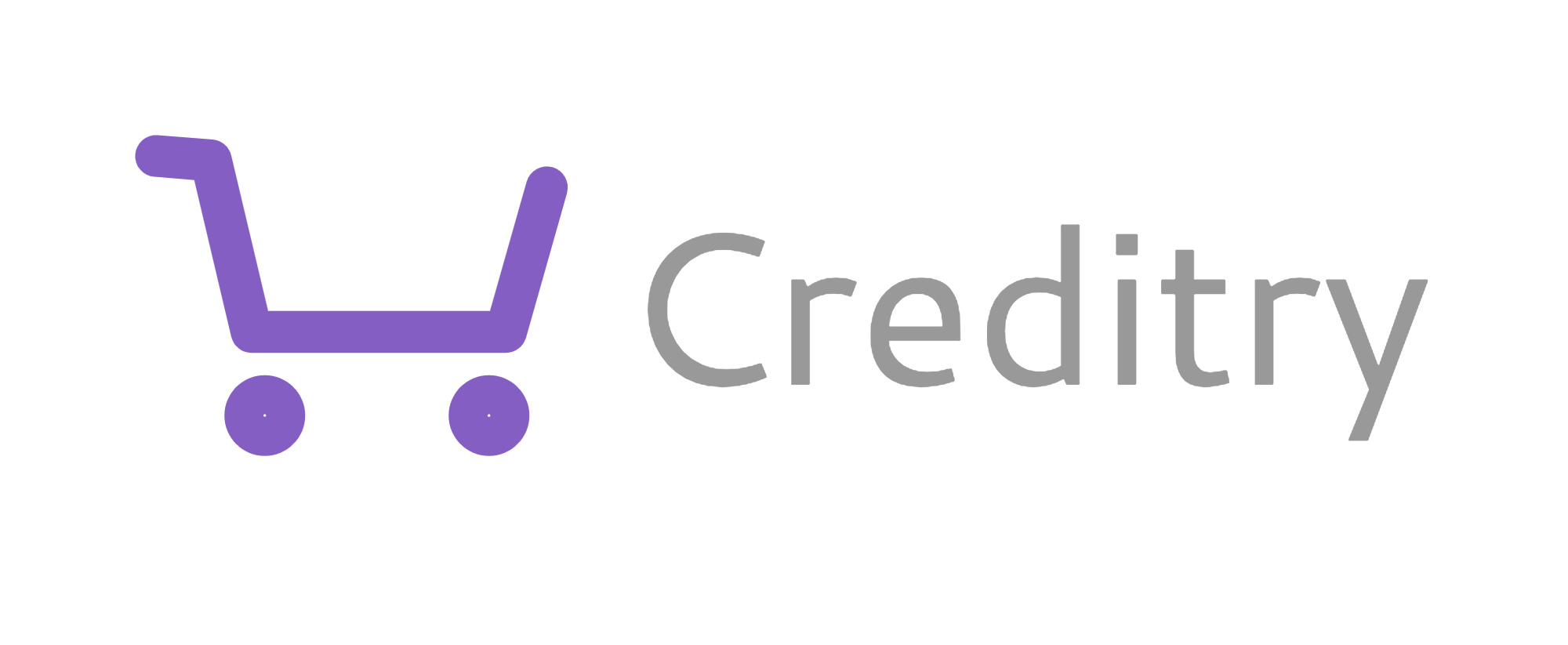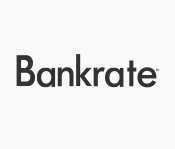Overview
Businesses in need of capital have two choices: leverage existing equity or take on strategic debt. Most companies find it necessary to balance utilizing both. Business financing represents the debt side of raising capital – borrowing money from traditional or nontraditional lenders. This is a diverse field with many different debt instruments in play, some designed for specific purposes and others offering more generalized terms. It’s worth familiarizing yourself with some of the most common forms of business financing before deciding which best fits your specific goals and circumstances.
Startup Loans – Some small businesses begin in your garage or home office, but others require facilities, equipment, offices, or employees. A startup loan is designed to get your business off the ground without relying on investors or friends and family. They come in many shapes and forms, and qualifying can be difficult. Lenders will look at your personal credit score and credit history, and most will expect a copy of your business plan and other documentation that you’ve thought this through and have some reason to believe you can make enough to pay back the loan. If they’re still unconvinced, they may expect collateral or ask for co-signers.
Term Loans – These are your most basic sorts of loans. You request a specific amount of money and if you’re approved, the lender proposes a specific interest rate based on your credit history. If you reach an agreement, term loans are most commonly repaid monthly in predictable amounts and with an established payoff date. Term loans can be difficult to qualify for unless your business is well-established, but they offer substantial flexibility in terms of how the money can be spent.
Equipment Loans – Restaurants, manufacturers, hotels, construction – many businesses depend heavily on equipment to serve their customers. No matter how you amortize it, this equipment often requires a substantial investment which can be difficult to pay out of pocket. Equipment financing offers specific loans to buy equipment to help companies buy, expand, or replace their key operational assets. It’s easier to qualify for than some other forms of financing because the equipment acts as natural collateral for the loan. It’s less versatile because the funds must be used for the specific equipment identified in the loan application
Line of Credit Loans – These operate somewhat like a credit card. Your business is approved for a maximum amount at an agreed-upon interest rate, but you don’t receive the money in a lump sum. Instead, you take out or spend what you need, when you need it, up to your preset limit. Repayment is flexible as well, requiring only that you pay the interest on the amount currently withdrawn. Once you’ve repaid part or all of the loan, the money is available to you again on the same terms. A line of credit can be one of the most flexible financial tools for any small business.
Merchant Cash Advance (MCA) – This form of financing allows a small business to leverage its future revenue in order to secure funding immediately. An MCA is most often used when a company is confronting a critical cash shortage or other difficulties – especially if they don’t have access to more traditional business loans. Approval traditionally requires that the business has a reliable stream of daily income via credit card purchases, like that of restaurants, doctor’s offices, retail shops, etc. It is relatively easy for businesses with reliable income of this sort to get approved for MCA, since it relies primarily on the business’s income stream rather than its credit history. MCAs have a higher cost of use than other options, but offer great flexibility.
Accounts Receivable Financing (Factoring) – This is similar to MCA, but instead of relying on credit card receipts or daily revenue, the factor (similar to a lender) purchases outstanding invoices from the company seeking funds. The factor buys these accounts receivable at a discount and takes on the responsibility for collecting on them. In exchange, the business receives a portion of what’s owed to them immediately.
Every loan described here has endless variations depending on the lender and what you’re able to negotiate. There are also other, less common loan structures available, especially from some of the more innovative business loan companies you can find online. As with so many things, you can’t fully know for certain until you ask.














